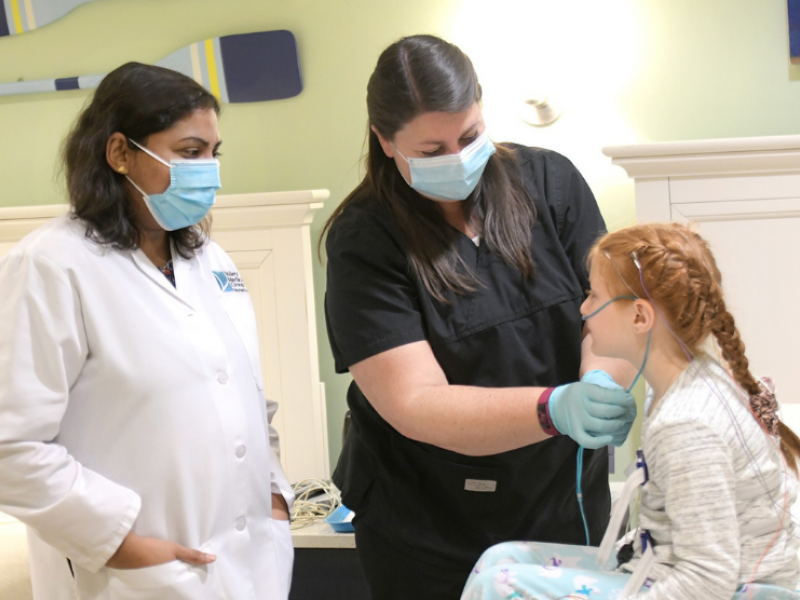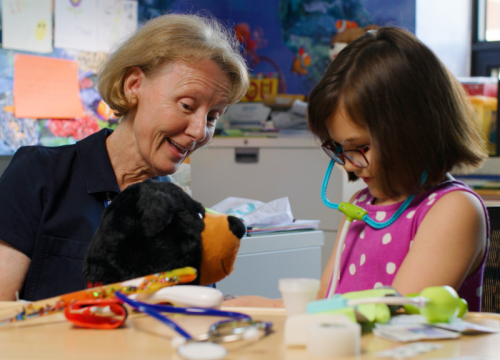
Children are back to school and that means they also are back to a sleep schedule! This year not only are children adjusting to their typical summer vacation to school schedule, but they are also coming back from remote learning to in-person classes. Having a good night’s sleep is vital for a child’s well-being, so getting them back on schedule is important.
During the current COVID-19 pandemic with online schooling followed by vacation, parents report disruption in sleep schedule in school-aged children.
How can you get your child back on track for a new, in-person school year? Below is some helpful advice.
How do we get our kids back to a good sleep schedule after a year of remote learning and summer vacation?
I recommend parents should help children to achieve a consistent and strict sleep schedule to the desired timing keeping in view the school schedule and the recommended duration of sleep needed for them.
I advise bringing the scheduled sleep time forward by 15 to 30 minutes each day from their typical “summer bedtime” to the desired time of “school” bedtime.
It is also very important for children to go to bed at the same time every night and wake up at the same time every day—even on weekends and holidays! Keeping a consistent sleep pattern will allow them to easily transition from virtual learning and summer into in-person learning.
How much sleep does my child need?
As per The Sleep Foundation, the recommended duration of sleep for preschoolers (3 to 5 years) is 10 to 13 hours, while school-age kids (6 to 12 years) need 9 to 11 hours each night. Adolescent children (14 to 17 years) need 8 to 10 hours of sleep. Some children may need more sleep or less sleep, and it depends on whether they feel tired and sleepy during the day.
Why is sleep so important for children?
Sleep in children is essential for the growth, immune function, and overall development of a child. It gives your body enough rest and prepares for the next day. In children who do not sleep adequately, there is a higher incidence of anxiety, inattention, poor executive function, cognitive dysfunction, depression, aggressive behavior, and they may have poor growth.
How can I help my child to unwind at bedtime? What about electronics?
Activities such as reading a book or listening to soothing music can help children relax at bedtime. It is also important to make sure the bedroom is quiet, dark, and set to a comfortable temperature. If possible, the bed should be used for sleep only.
You should definitely keep computers, tablets, and TVs out of the bedroom. Blue light affects sleep, and children should only use these devices for up to two hours a day. Avoid the use of any devices at least 1 to 2 hours before bedtime.
What are some useful tips for getting to sleep/bed on time?
- A consistent sleep schedule and good sleep hygiene help improve sleep.
- Having a warm bath prior to bedtime and physical activity prior to 4 to 5 p.m. promotes sleep.
- Having the right sleep environment that is noise-free, dark, and cool helps in sleep onset.
- Limiting the use of electronics, particularly 1 to 2 hours prior to sleep is strongly recommended.
- Using bedroom-only for sleep helps retrain your brain to fall asleep.
- Going to sleep when you start feeling sleepy is recommended.
Learn more about Valley’s Pediatric Sleep Disorders and Apnea Center.

















